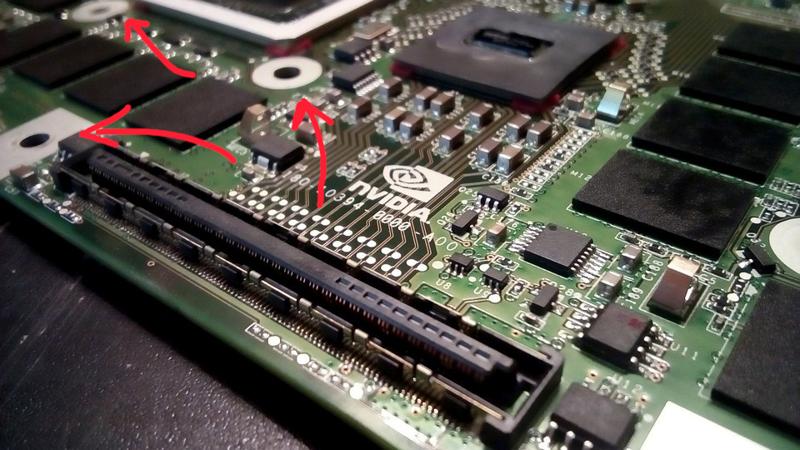In PCB design, is grounding mounting point a common practice?
pcb
grounding
Electrical and Electronic engineering / Electronics
2023-03-21 08:19
PCB grounding
Recently, I have started designing a new circuit board with mounting points and I am wondering whether I should ground the mounting points.
This image is not my board but the arrows indicate what I mean by PCB mounting points.

Advantage of mounting points grounding
- Improved EMI/RFI shielding: Grounding the mounting points can help to reduce electromagnetic interference (EMI) and radio frequency interference (RFI) by providing a low-impedance path for electrical noise to flow to the ground plane.
- Reduced noise and distortion: Grounding the mounting points can help to reduce the noise and distortion in the circuit by minimizing ground loops and other sources of interference.
- Improved signal integrity: Grounding the mounting points can help to improve the signal integrity of the circuit by reducing the effects of crosstalk and other sources of signal degradation.
Disadvantages of mounting point grounding
- Difficulties in PCB assembly: Grounding the mounting points can add complexity to the PCB assembly process, especially when dealing with large and complex boards.
- Potential for ground loops: Grounding the mounting points can create additional paths for current to flow, which can result in ground loops and other sources of interference if not properly designed.
But the disadvantage that I am concerned about and I do not hear anyone talk about it is propagating faults if it happens. Then can the fault pass through the chassis and impact the other boards in the system?
What is the common practice?
In overall, how is it handled in practice? Are PCB mounting points grounded or not grounded?
add comment